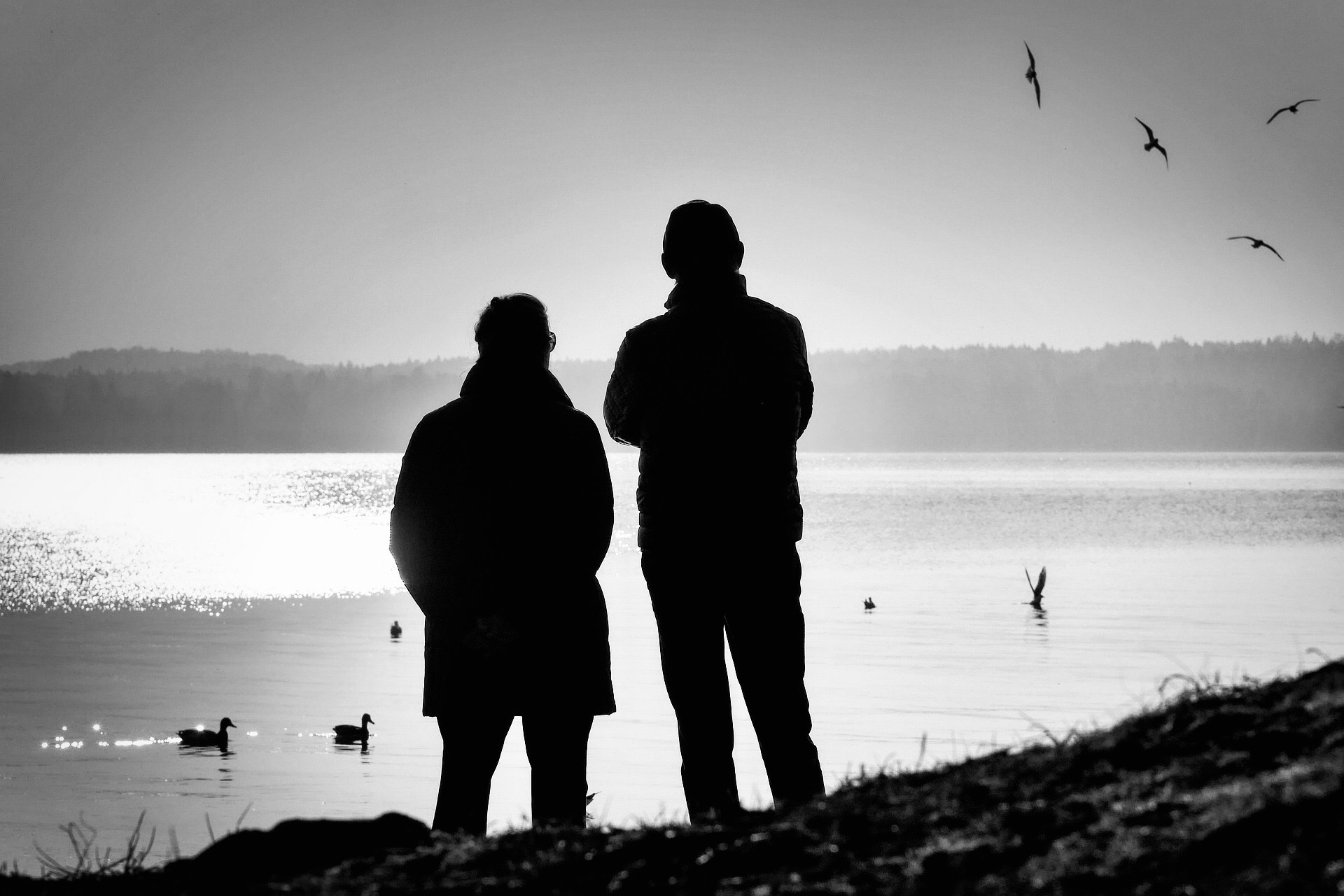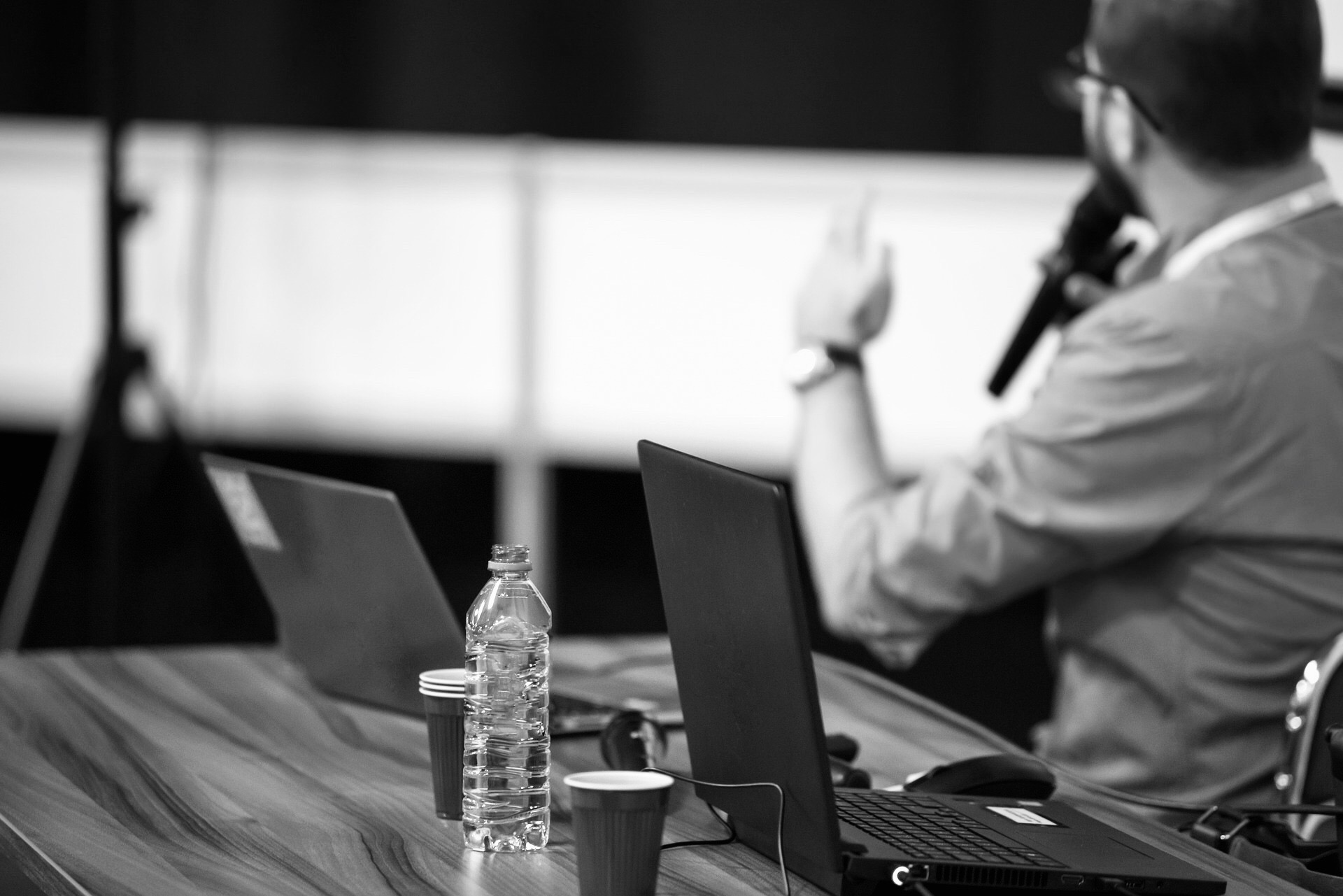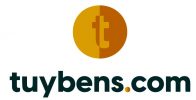 Coachen vraagt een veilige context. Daarom werk ik volgens een strikte deontologie (die ook door de ICF, International Coaching Federation) wordt gehanteerd.
Coachen vraagt een veilige context. Daarom werk ik volgens een strikte deontologie (die ook door de ICF, International Coaching Federation) wordt gehanteerd.
Ik vind het belangrijk dat behalve de coach, de coachee, de leidinggevende van de coachee en eventueel HR, niemand anders op de hoogte is van de coaching (tenzij de coachee zelf sommige mensen op de hoogte wenst te stellen).
Volledige transparantie inzake proces is voor coachee een belangrijke voorwaarde in het kader van ontwikkeling. De coachee mag in geen geval de indruk krijgen dat het om een beoordeling van zijn prestaties gaat en dat deze beoordeling van invloed zal zijn op verloning, promotiekansen en dergelijke.De coachee moet bijvoorbeeld op een ongeremde manier zijn “werkpunten” en uitdagingen bespreekbaar durven maken om verder te kunnen groeien. Hij mag niet het gevoel krijgen dat hij er alle belang bij heeft, zich beter voor te doen uit zorg voor eventuele consequenties. Coachingsdoelstellingen, tussentijdse evaluaties en finale evaluatie van de coaching kunnen wat ons betreft, steeds in overleg met coachee, gerapporteerd worden, echter niet wat inhoudelijk tijdens de sessies tussen coach een coachee aan bod komt.
Ik werk graag in drie fasen.
1 – Kennismaking, een talentanalyse met TMA®, verkennen van leerstijl, bepalen van doelstellingenblad
2 – Uitwerking programma met verschillende effectieve werkvormen, om afgesproken doelstellingen te bereiken. Suggesties voor toepassing worden gedeeld na iedere sessie en later opgevolgd. Na fase 2 volgt vaak een toepassingsperiode van zowat 3 maand.
3 – resterende uitdagingen worden samen bekeken en behandeld.
Een logboek, met update na iedere sessie, wordt bezorgd aan de coachee, aan wie ook een evaluatie wordt gevraagd.
Belangrijk is eerst een open, vertrouwelijk leerklimaat te scheppen alvorens van start te gaan – de attitude van de coach is niet oordelend maar ondersteunend gebaseerd op wederzijds respect en oprechte betrokkenheid.
Een eerste vereiste is tot een goede connectie of ‘rapport’ met de coachee komen. Sterktes als begeleider/coach zitten zeker op het vlak van het actief luisteren (ook onuitgesproken zaken horen), het stellen van krachtige vragen, het geven van feedback en directe boodschappen waar nodig. Aanpak en stijl van werken wordt op voorhand met de coachee besproken; concrete oefeningen worden voorgesteld en samen besproken, nooit eenzijdig opgelegd want dit leidt eerder tot weerstand dan tot openheid en durf om uit de eigen comfortzone te treden.
Mensen ontwikkelen op volwassen leeftijd enkel nog wat ze zelf echt willen leren. Coaching is daarom per definitie zelfgestuurd. Hoewel het ownership voor zijn eigen ontwikkeltraject bij de coachee ligt is het de rol van de coach om hem/haar te durven aanspreken op vlak van zelfdiscipline en gedane beloftes of engagementen.
De coachee neemt zelf verantwoordelijkheid voor hetgeen hij/zij doet. Ik zelf als coach heb hierbij een rol als facilitator tijdens het ontwikkelingsproces en als bewaker van het coachingsproces. Mijn rol ligt in het helpen doorgronden van probleemstellingen, het helpen doorworstelen van beslissingen en het kritisch bevragen van actieplannen naast het aanbieden van kennis en informatie waar relevant. De focus ligt steeds op het stimuleren van de coachee’s zoektocht naar oplossingen vanuit zijn eigen talent of latent potentieel.
Er wordt steeds vertrokken vanuit de eigen werkcontext van de coachee – er wordt gestart met specifieke situaties die een uitdaging vormen en deze worden zowel in de diepte als breedte geëxploreerd om de coachee bewuster te maken van wat zich allemaal speelt. Modellen, theoretische inzichten of handvaten worden maar gehanteerd in de mate dat ze een meerwaarde kunnen bieden binnen de specifieke situaties die aan bod komen.
Ik werk graag pragmatisch, cases on the job – met onmiddellijke debriefing en bijsturing – met een sterk aanmoedigende en ondersteunende coachingsstijl.
 Coaching requires a safe context. That is why I work according to a strict deontology (which is also used by the ICF, International Coaching Federation).
Coaching requires a safe context. That is why I work according to a strict deontology (which is also used by the ICF, International Coaching Federation).
I think it is important that apart from the coach, the coachee, the coachee’s manager and possibly HR, no one else is informed about the coaching (unless the coachee him or herself wants to inform some people).
Complete transparency regarding the process is an important condition for the coachee in the context of development. Under no circumstances should the coachee get the impression that this is an assessment of his performance and that this assessment will have an impact on remuneration, promotion opportunities and the like.
For example, the coachee must have the courage to discuss his “working points” and challenges in an uninhibited way in order to be able to grow further. He must not get the feeling that he has an interest in acting better out of concern for possible consequences. As far as we are concerned, coaching objectives, interim evaluations and final evaluation of the coaching can be reported, always in consultation with the coachee, but not what is discussed substantively during the sessions between coach and coachee.
I like to work in three phases.
1 – Introduction, a talent analysis with TMA®, exploration of learning methodology, setting an objectives document.
2 – Elaboration of a programme with various effective working methods, in order to achieve the agreed objectives. Suggestions for application are shared after each session and followed up later. Phase 2 is often followed by an application period of about 3 months.
3 – Remaining challenges are considered and dealt with together.
A logbook, with an update after each session, is delivered to the coachee, who is also asked for an evaluation.
It is important to create an open, confidential learning environment before starting. The coach’s attitude is not judgmental but supportive based on mutual respect and sincere commitment.
A prerequisite is to establish a good connection or ‘rapport’ with the coachee. Strengths as a facilitator/coach are certainly in the area of active listening (also hearing unspoken things), asking powerful questions, giving feedback and direct messages where necessary. Approach and style of working are discussed beforehand with the coachee, concrete exercises are proposed and discussed together, never imposed unilaterally because this leads to resistance rather than openness and daring to step out of one’s own comfort zone.
In adulthood, people only develop what they themselves really want to learn. Coaching is therefore, by definition, self-directed. Although ownership for his own development process lies with the coachee, the role of the coach is to dare to address him/her in terms of self-discipline and promises or commitments made.
The coachee takes responsibility for what he/she does. I myself, as a coach, have a role as facilitator during the development process and as guardian of the coaching process. My role lies in helping to get to the bottom of problems, helping to wrestle through decisions and questioning action plans critically, in addition to offering knowledge and information where relevant. The focus is always on stimulating the coachee’s search for solutions from his own talent or latent potential.
We always start from the coachee’s own work context – we start with specific situations that pose a challenge and these are explored both in depth and breadth to make the coachee more aware of what is going on. Models, theoretical insights or tools are only used to the extent that they can offer added value within the specific situations addressed.
I like to work pragmatically, with cases on the job, immediate debriefing and adjustment – with a strongly encouraging and supportive coaching style.
